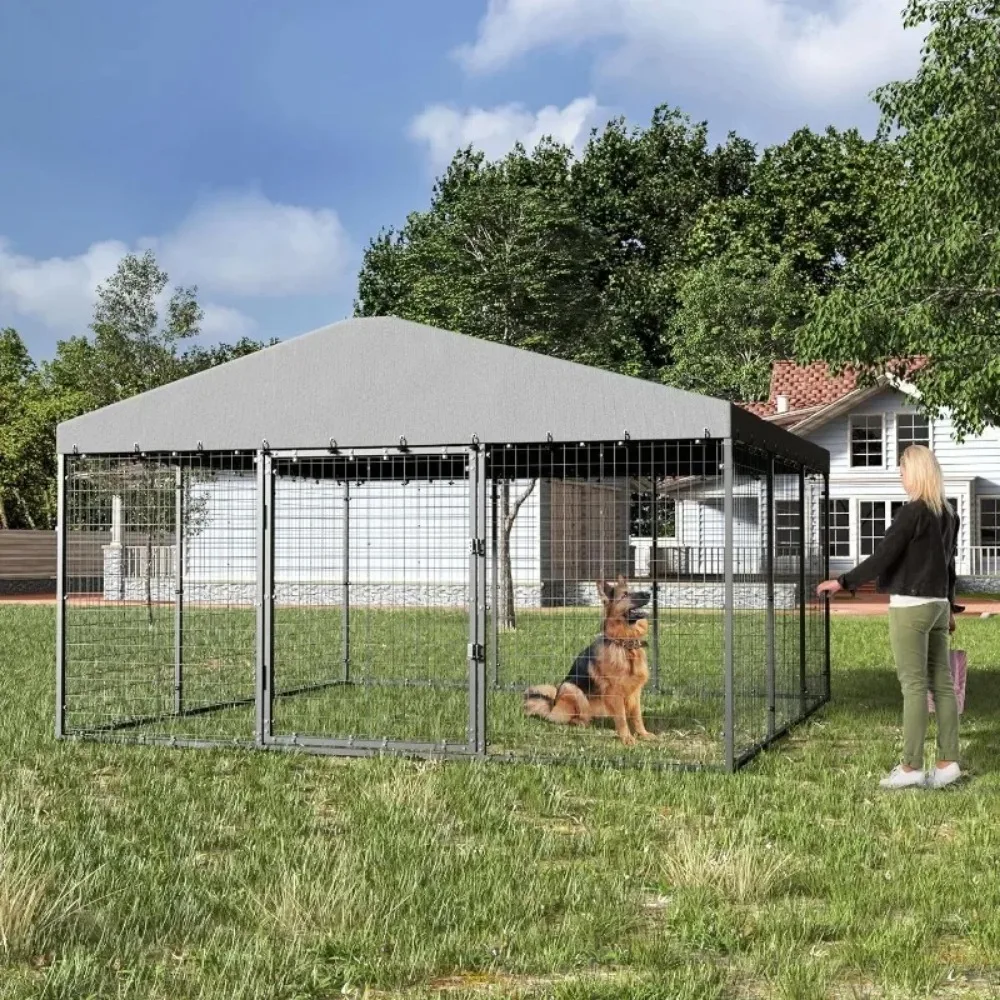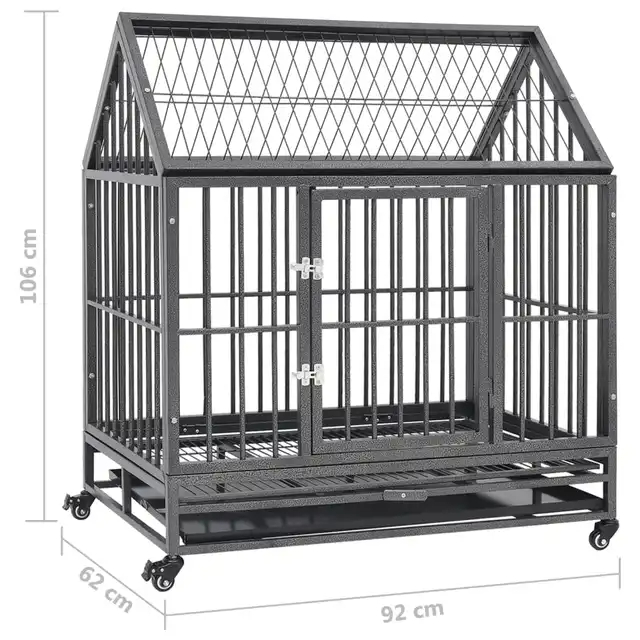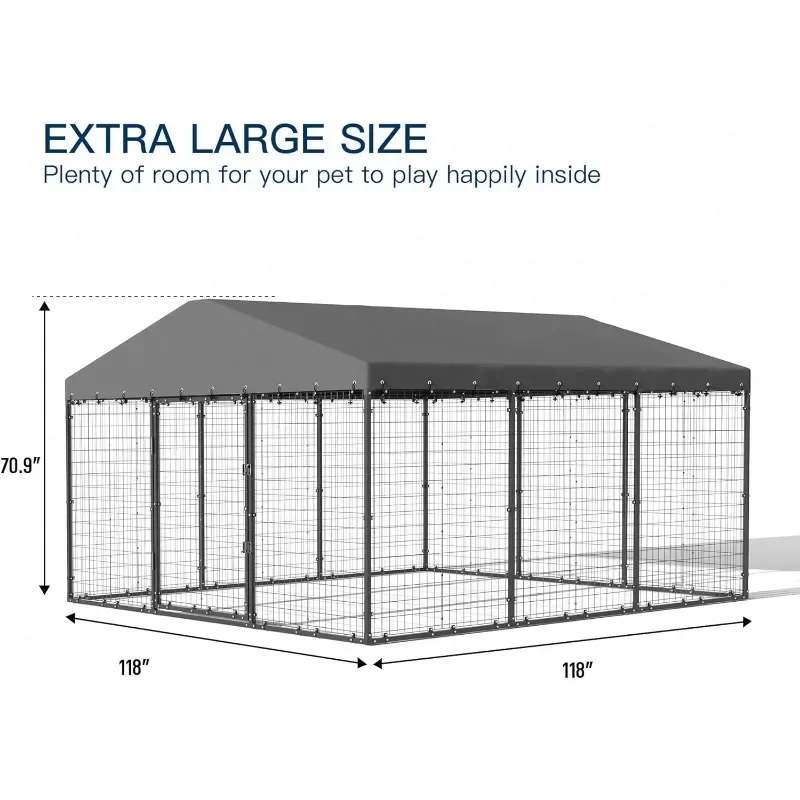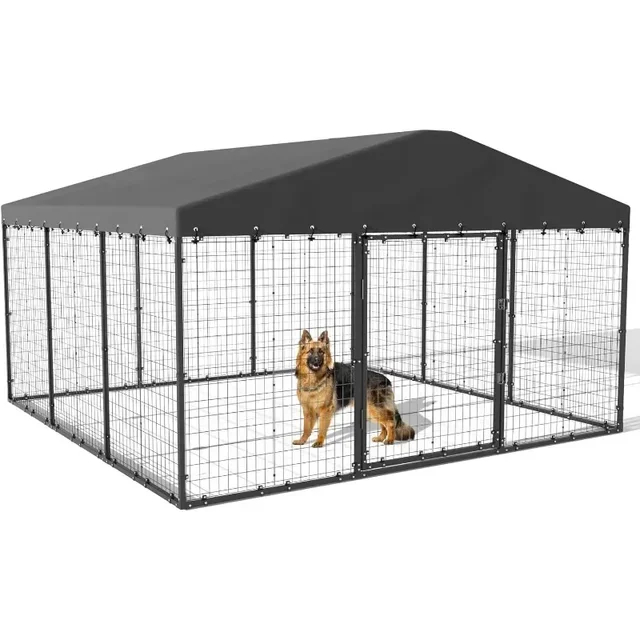Introduction
Kennel cough is a common respiratory condition in dogs, characterized by a distinctive cough. Understanding the sounds associated with kennel cough is crucial for diagnosing and treating this condition effectively. This article explores the various aspects of kennel cough sounds, their causes, and what you should do if your dog exhibits these symptoms.

What Is Kennel Cough?
Overview of Kennel Cough
Kennel cough, also known as canine infectious tracheobronchitis, is a highly contagious respiratory illness in dogs. It primarily affects the upper respiratory tract, leading to inflammation of the trachea (windpipe) and bronchi (airways). The condition is often triggered by a combination of viruses and bacteria, including the Bordetella bronchiseptica bacterium. Kennel cough is notorious for its characteristic hacking cough, which is why it’s often compared to the sound of a human cough. While it is not usually life-threatening, it can be quite bothersome and uncomfortable for affected dogs.
Symptoms of Kennel Cough
The most noticeable symptom of kennel cough is a persistent, dry, and harsh cough. This cough can often sound like a honking or goose-like noise. In addition to the cough, affected dogs may show other symptoms such as a runny nose, sneezing, and mild fever. The cough may worsen when the dog is excited, exercised, or when pressure is applied to the trachea. While kennel cough can sometimes resolve on its own, it can also lead to complications, especially in puppies, elderly dogs, or those with compromised immune systems.
Identifying Kennel Cough Sounds
The Characteristic Cough
The hallmark of kennel cough is its distinctive sound. The cough is usually dry and hacking, with a harsh, raspy quality. It often sounds like a goose honking or a deep, barking cough. This unique sound is a result of the inflammation and irritation in the trachea and upper respiratory tract. The cough can be quite persistent and may occur in bouts. It’s essential to differentiate this sound from other types of coughs or respiratory issues that dogs might have.
How to Describe the Cough
When describing the cough, you might notice that it occurs in fits or episodes. The sound is often described as “honking,” “barking,” or “croupy.” It can sometimes be so pronounced that it seems as if the dog is struggling to breathe or has something stuck in its throat. The cough might be accompanied by other symptoms such as gagging or retching, especially if the dog tries to clear mucus from the throat. Monitoring and describing the specific characteristics of the cough can help your veterinarian in diagnosing and treating the condition effectively.
Causes of Kennel Cough Sounds
Viral and Bacterial Infections
Kennel cough is often caused by a mix of viral and bacterial agents. The Bordetella bronchiseptica bacterium is one of the primary culprits. This bacterium can infect the trachea and bronchi, leading to inflammation and the characteristic cough. Additionally, viruses such as the canine parainfluenza virus and the canine adenovirus can contribute to the development of kennel cough. These pathogens can irritate the respiratory tract, making the cough sound more severe and persistent.
Environmental Factors
Environmental factors can also play a significant role in the development of kennel cough. Poor ventilation, exposure to cold or damp conditions, and high-stress environments can exacerbate the condition. Dogs that are frequently in contact with other dogs, such as in kennels, dog parks, or grooming facilities, are at a higher risk of contracting kennel cough. Stress and exposure to irritants can weaken the immune system, making it easier for infections to take hold and cause the distinctive cough.
Diagnosing Kennel Cough
Veterinary Examination
If your dog shows signs of kennel cough, it is essential to have them examined by a veterinarian. The vet will listen to the cough and may perform a physical examination to check for other symptoms. They may also palpate the trachea to see if the cough is triggered by pressure on the windpipe. A thorough examination helps differentiate kennel cough from other respiratory conditions that might require different treatments.
Diagnostic Tests
In some cases, the vet may recommend diagnostic tests to confirm the diagnosis of kennel cough. These tests might include a chest X-ray to rule out pneumonia or other lung issues, or a tracheal wash to identify specific pathogens. Blood tests can also help determine if there is a secondary infection or underlying health issue contributing to the cough. Identifying the specific cause of the cough is crucial for effective treatment and management.
Treating Kennel Cough
Home Care and Remedies
In mild cases of kennel cough, home care can be sufficient. Ensuring your dog gets plenty of rest and stays well-hydrated is crucial. You can use a humidifier or a vaporizer to help soothe your dog’s throat and ease the cough. Over-the-counter cough suppressants designed for dogs may also be recommended by your vet. Avoid giving human cough medicines, as they can be harmful to dogs. Monitoring your dog’s condition and ensuring they are comfortable can help in the recovery process.
Veterinary Treatment Options
If the kennel cough is severe or if your dog has other health issues, your veterinarian may prescribe medications. Antibiotics might be necessary if a bacterial infection is suspected. Cough suppressants or expectorants can also help manage the cough and make it less disruptive. In some cases, anti-inflammatory medications may be used to reduce inflammation and ease the coughing. Following your vet’s treatment plan and keeping up with any follow-up appointments is essential for a full recovery.

Preventing Kennel Cough
Vaccination
Vaccination is one of the most effective ways to prevent kennel cough. The Bordetella vaccine can help protect your dog against the Bordetella bronchiseptica bacterium. While the vaccine may not prevent all cases of kennel cough, it can significantly reduce the severity and duration of the illness. The vaccine is especially recommended for dogs that are frequently in contact with other dogs or are often in high-risk environments such as kennels or dog parks.
Good Hygiene and Environmental Management
Maintaining good hygiene and managing your dog’s environment can help reduce the risk of kennel cough. Regularly cleaning and disinfecting areas where your dog spends time can help prevent the spread of pathogens. Ensuring your dog has a healthy diet and is in good overall health can also support their immune system and reduce susceptibility to infections. Avoid exposing your dog to environments where kennel cough is prevalent, and try to limit their contact with other sick dogs.
Advanced Diagnostic and Treatment Options
Diagnostic Imaging
For cases where kennel cough is severe or complicated, advanced diagnostic imaging like chest X-rays or even CT scans might be recommended. These imaging techniques help identify if there are any secondary complications, such as pneumonia or other infections that might require targeted treatment.
Specific Antibiotics and Medications
In more severe cases, especially if there is a bacterial component to the illness, your veterinarian may prescribe specific antibiotics based on the results of diagnostic tests. Other medications might include bronchodilators to help open the airways or corticosteroids to reduce inflammation. It’s important to follow the vet’s instructions carefully when administering these medications to ensure the best outcome.
Prevention Strategies
Boarding and Socialization
If your dog is often in environments with many other dogs, such as boarding facilities or dog parks, consider asking about the facility’s vaccination requirements and sanitation practices. Ensuring that the facility maintains high hygiene standards can reduce the risk of kennel cough. Socializing your dog gradually and ensuring they are up-to-date with vaccinations before visiting such places is also beneficial.
Boosting Immunity
Maintaining your dog’s overall health can help prevent kennel cough and other infections. Providing a balanced diet, regular exercise, and routine veterinary check-ups contributes to a strong immune system. Avoiding exposure to known sources of infection and ensuring your dog’s vaccinations are current can help minimize the risk.
What to Do If Your Dog Shows Symptoms
- Observe Symptoms: Keep track of the frequency and severity of the cough, as well as any additional symptoms like fever, lethargy, or changes in appetite.
- Consult Your Vet: Schedule an appointment with your veterinarian as soon as possible. Provide them with detailed information about your dog’s symptoms and any recent exposure to other dogs.
- Follow Treatment Instructions: Adhere to the treatment plan prescribed by your vet, including any medications or home care recommendations. Monitor your dog’s progress and report any concerns to your vet.
- Isolate Your Dog: To prevent the spread of kennel cough to other dogs, try to limit your dog’s contact with other pets until they have recovered and are no longer contagious.

Conclusion
Understanding kennel cough sounds and their causes is vital for effective management and treatment. The distinctive cough associated with kennel cough is often a dry, harsh sound that can be persistent and bothersome. Identifying this cough early and seeking veterinary care can help your dog recover more quickly and avoid complications. By following preventive measures such as vaccination and maintaining good hygiene, you can help protect your dog from this common respiratory condition.
